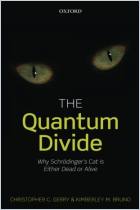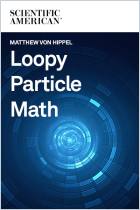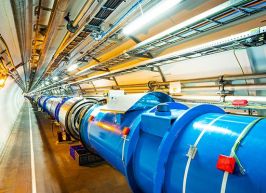Join getAbstract to access the summary!

Join getAbstract to access the summary!
Edwin Cartlidge
The Light Fantastic
Physicists in China and elsewhere are vying to build lasers so powerful they could rip apart empty space
Science, 2018
What's inside?
A new generation of extremely high-powered lasers could “break the vacuum.”
Recommendation
New lasers have arrived which can exert power at the level of petawatts (PW) – millions of a billion watts. All power grids combined achieve only hundredths of that power. To yield such immense power, however, the pulses produced by these table-top lasers need to be very short. Physicists now attempt durations as short as femtoseconds – millionths of a billionth of a second. Edwin Cartlidge paints a fascinating picture of the development of lasers, the challenges in reaching PW levels, and the ways forward to ever more capable lasers that will open up new possibilities in scientific research and medicine.
Summary
About the Author
Edwin Cartlidge is a freelance science journalist based in Rome.

















Comment on this summary